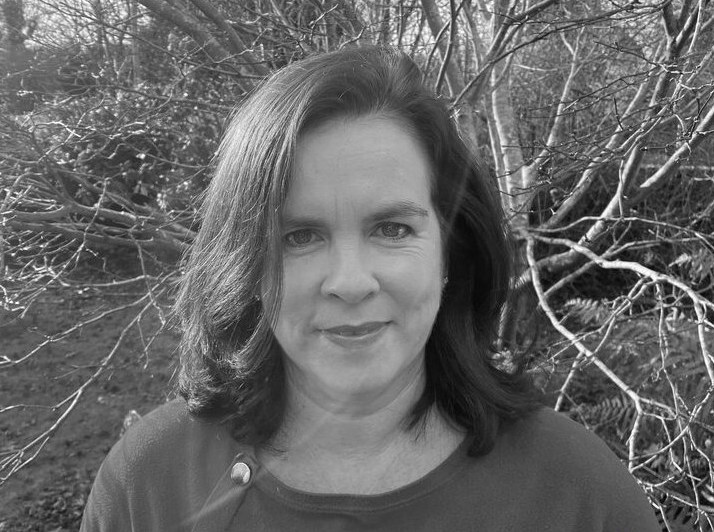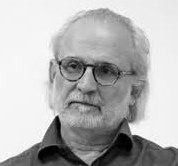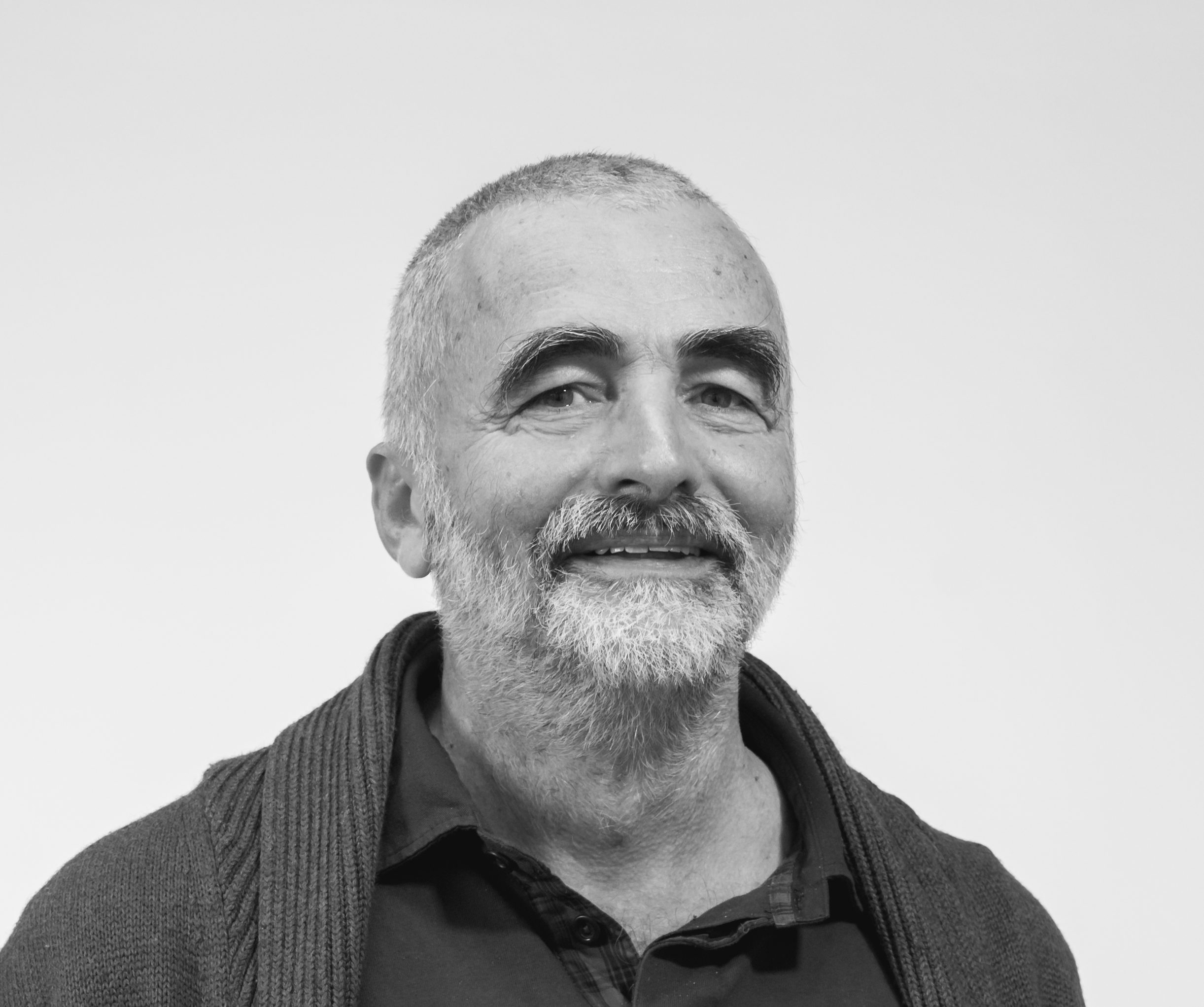Associate Professor at the Faculty of Social and Human Sciences at NOVA University of Lisbon where he is currently Vice-Dean for Planning and Quality Management and Scientific Vice-coordinator of IELT. Vice-Dean for Planning and Quality and President of the Pedagogical Council. Besides being researcher and scientific sub-director of IELT, he is also a collaborating member of the Institute of Medieval Studies (NOVA FCSH) and of GRIS-France. His main teaching and research fields focus on French Literature, Literary Theory and Criticism, Medieval Studies and Studies on the Imaginary. He is a founding member and permanent member of the editorial board of the interdisciplinary Luso-French journal Sigila, and belongs to the the scientific board of several journals linked to literary and inter-art studies. His publications have focused mainly on the dynamic relations between Tradition, Myth and Literature with special attention to medieval narrative. [Scientific outputs]
Teresa Araújo
Teresa Araújo is Professor at the School of Social Sciences and Humanities of the NOVA University of Lisbon, where she received her PhD in Romance Literatures (2000). She has also taught several courses at Lumière-Lyon 2, Carlos III, Agostinho Neto, Salamanca and Oviedo universities, among others. She dedicates her teaching and research activity to Portuguese literature of the 17th and 18th centuries, but focuses mostly on the study of the ancient and modern romanceiro in Portugal from a pan-Hispanic perspective, as well as of theatre and fables. Among her most recent publications, there are “Silvestre ou jogo da (in)subordição entre cinema & etnografia” (BLO, 2022) and the introductory study to the Floresta de varios romances sacados de las historias antiguas de los hechos famosos de los doze Pares de Francia. En Valencia, 1642 (México, 2019). From her experience in scientific coordination, it currently stands out the coordination of the Research Project supported by the Calouste Gulbenkian Foundation and the Foundation for Science and Technology Literary revisions: the creative application of ancient ballads (15th-18th centuries). [Scientific outputs]
Órla Murphy
Órla Murphy is Director of the Department of Digital Humanities at University College Cork. Her teaching activity and publications reflect scientific interests such as paleography, codicology and textual transmission from orality to cyberculture. She was National Coordinator of DARIAH-IE (Digital Research Infrastructure for the Arts and Humanities); National representative on the Scientific Committee of the CoST-EU (cooperation in Science and Technology) and on the SCI SWG Social and Cultural Innovation Special Working Group of ESFRI (European Strategy Forum on Research Infrastructures). She has also received the following awards: Fulbright TechImpact Award, NFTLHE National Teaching Expert Award, College of Arts Research funding awards and UCC Strategic fund for excellence in research awards. She is currently PI of the project “Embedding Digital Literacies in Irish HEIs” funded by the IrishResearch Council.
Alcir Pécora
Alcir Pécora is Full Professor of Literary Theory at the State University of Campinas (São Paulo, Brazil) and has been dedicating his studies mainly to rhetoric, oratory and poetics, having also extensive activity as a literary critic. He is currently a member of the Accademia Ambrosiana in Milan (Italy) and Director of the Instituto de Estudos Avançados da Unicamp (Idea). Among other works, he wrote Teatro do Sacramento (1994), Máquina de Gêneros (2001) and Rudimentos da Vida Coletiva (2002). He is the organizer of A Arte de Morrer (1994), Escritos Históricos e Políticos do Padre Vieira (1995), Sermões I e II (2000-2001), As Excelências do Governador (2002), Lembranças do Presente (2006), Índice das Coisas Mais Notáveis (2010) and Por que Ler Hilda Hilst (2010). He edited the works of Hilda Hilst (2001-2008), Roberto Piva (2005-2008) and Plínio Marcos (2017).
Luís de Sousa Martins
Doutorei-me em Antropologia Social pelo ISCTE com a tese Inovação e Resistência – Um estudo sobre estratégias nas companhas de pesca (Póvoa de Varzim). As minhas investigações têm-se centrado tanto em estudos de campo, com o objetivo de desenvolver observações etnográficas em proximidade social e humana, como em abordagens teóricas que me permitam alcançar níveis vigorosos de interdisciplinaridade e exposição do pensamento. Nas ações de terreno dou primazia ao contacto e às recolhas em comunidades, onde desenvolvo um interesse particular pelos impactos da tecnologia da pesca seja sobre os recursos naturais seja nas relações sociais e na perceção dos marítimos relativamente a estes impactos. Do ponto de vista teórico procuro apreender os modos como nas artes, incluindo a fotografia, na literatura e nas ciências, há um esforço de entendimento e representação das questões do mar, que se alarga à patrimonialização cultural. Sobre tudo isto, emerge uma preocupação ética: que a análise ou o simples olhar não ocultem ou metam na sombra a diversidade e a liberdade do que é conhecer. [Produção científica do investigador]




